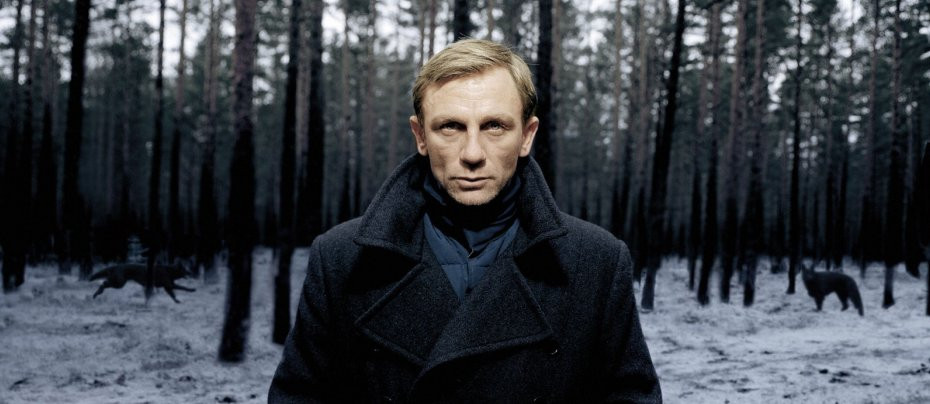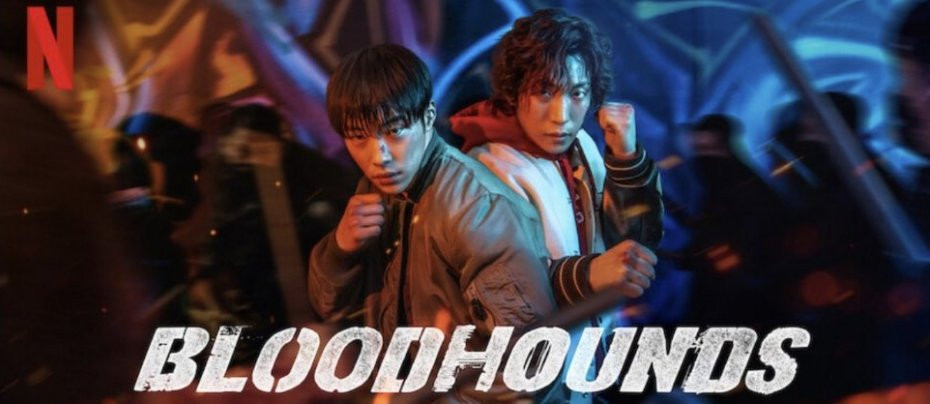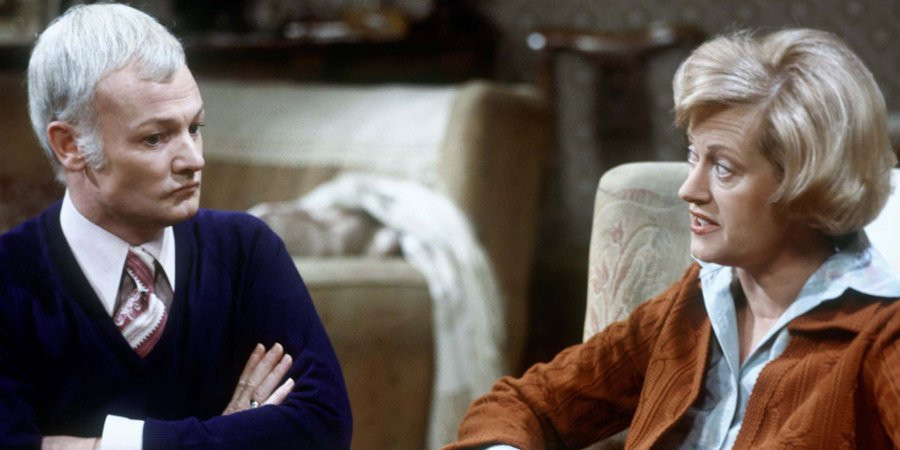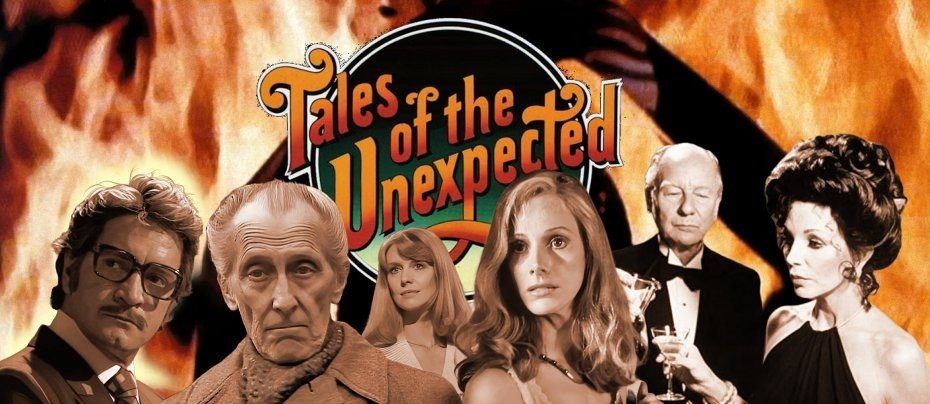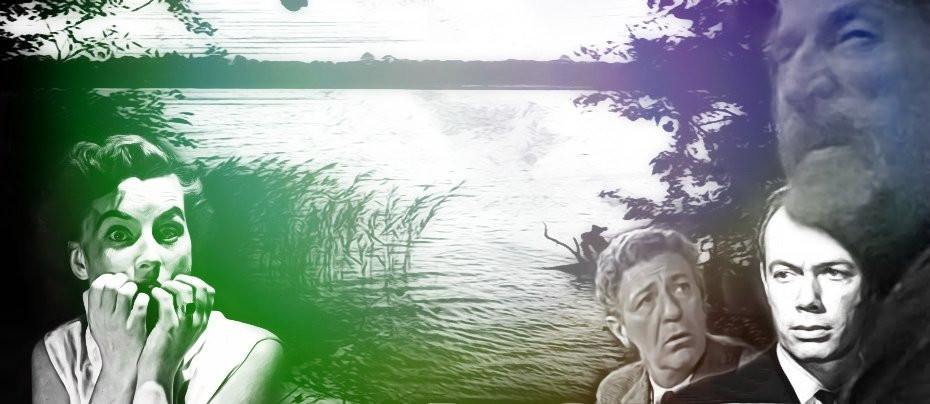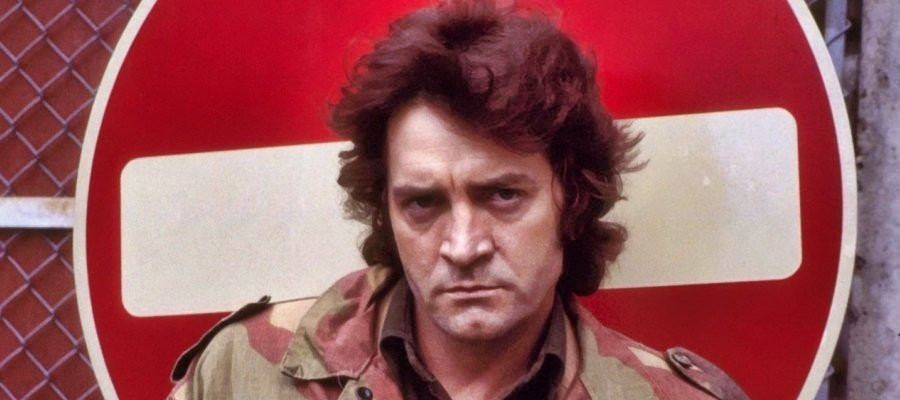
Target
1977 - United KingdomFor those who enjoy their cop dramas tough, terse and unrelentingly gritty, Target is a compelling, if controversial, footnote in British television history. Aimed squarely at fans of The Sweeney and The Professionals, this short-lived BBC effort delivered action with a snarl, stripped of charm, humour or comfort. Yet, for all its intentions to shake up the format and rival ITV’s genre dominance, Target remains an uneven curiosity—brave, flawed, and undeniably bleak.
Set in Southampton and revolving around the fictional 13th Regional Crime Squad, Target follows Detective Superintendent Steve Hackett (Patrick Mower - Callan), a brash, often abrasive figure whose doggedness verges on obsession. He’s flanked by Brendan Price (Emmerdale) as DS Frank Bonney and Vivien Heilbron (Take the High Road) as DS Louise Colbert, though the series’ lopsided focus ensures Mower dominates almost every frame. Philip Madoc lends some gravitas as the tight-lipped Chief Superintendent Tate.
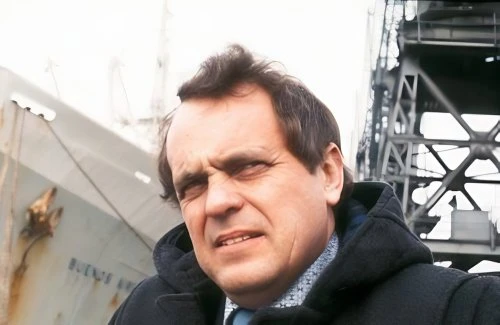
Unlike the majority of BBC drama at the time, Target was filmed entirely on 16mm, which granted it a distinctive documentary-style realism—cold, raw, and distinctly uninviting. This cinematographic decision, overseen by some of the BBC’s top camera talent, imbued the series with a grim visual texture more in keeping with 1970s crime reality than TV convention. Combined with Dudley Simpson’s stark theme and Peter Brayham’s hard-hitting stunt coordination, the production exudes menace.
But the show’s commitment to realism came at a cost. Where The Sweeney balanced its violence with dark humour and character depth, Target largely eschewed both. The result is a series that feels relentless and, at times, joyless. The violence—brutal for the era—is not stylised but jarringly brutal, prompting significant viewer backlash at the time. Mary Whitehouse’s League of Light reportedly bombarded the BBC with 5,000 letters of complaint. The programme’s release, coinciding with the publication of the 'Belson Report' on television violence and youth, only amplified the controversy.
Given its pedigree, Target ought to have been a stronger contender. Behind the camera were two former Doctor Who producers—Philip Hinchcliffe and Graham Williams—who tried to reshape the BBC’s drama landscape by competing head-on with ITV’s action offerings. Roger Marshall (whose original concept was heavily altered), Peter J Hammond (Sapphire & Steel), and several Sweeney alumni contributed scripts, and many episodes were directed by action drama stalwarts like David Wickes and Douglas Camfield. But despite the talent involved, the series never quite gelled.
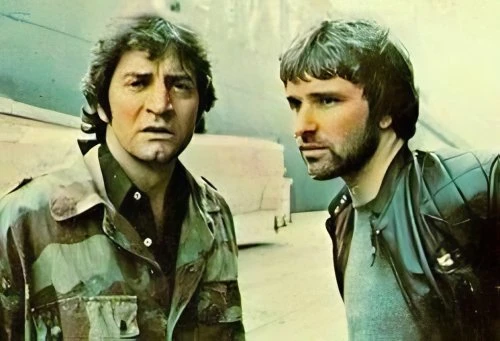
Much of the problem lies in the characterisation. Hackett, in particular, is a hard man to warm to—overbearing, arrogant, and devoid of personality. Unlike the magnetic camaraderie of Regan and Carter, or Bodie and Doyle, Target’s central trio lack chemistry. The show’s emotional temperature rarely rises above simmering aggression, which quickly becomes monotonous. Supporting characters are sketched thinly, and few rise beyond stock police procedural archetypes.
Story-wise, Target deals with relatively standard crime fare—bank jobs, kidnappings, corruption—but the handling is clinically grim. The tone seldom lifts; there’s no reprieve, no light-touch scenes to offset the murk. As one critic aptly observed, ‘Target strips violence of its glamour and makes it something ugly to endure, rather than something thrilling to watch.’ This was, arguably, the show’s boldest—and most alienating—move.
With only 17 episodes across two series (the first curtailed, the second toned down), Target was never allowed to evolve. A proposed third series, to be overseen by Robert Banks Stewart, was shelved in favour of a new direction. Banks Stewart would go on to create Shoestring, a more commercially viable series with broader appeal. Even lead actor Patrick Mower, wary of being typecast, was keen to exit.
The series has never been repeated on terrestrial television, and apart from a partial satellite rerun in the early 1990s, it has largely vanished from public memory. This is unfortunate, because Target, for all its flaws, remains a fascinating experiment—a BBC attempt to break new ground, tackling urban violence and moral ambiguity head-on in a format more usually associated with stylised cops and robbers.
In hindsight, Target was both ahead of its time and entirely of its time. It captured a moment in British television when the boundaries of taste and realism were being tested, yet it lacked the narrative subtlety and character richness to truly resonate. Today, it may be of more interest to television historians than general audiences, but its cold, hard stare into the abyss of '70s crime culture remains worth a look—if only once.
Rating: ★★☆☆☆
For connoisseurs of British police drama history—less so for casual viewers. Lacking in humour and empathy, yet rich in grit and atmosphere, Target was a hard watch then and now, but one that dared to ask if violence should ever be entertaining.
Seen this show? How do you rate it?
Seen this show? How do you rate it?
Published on June 26th, 2025. Written by Laurence Marcus for Television Heaven.



